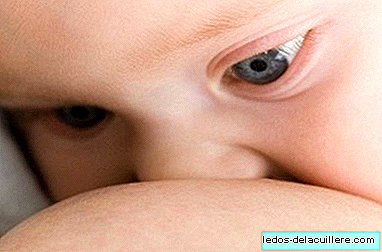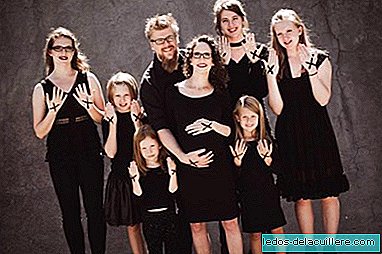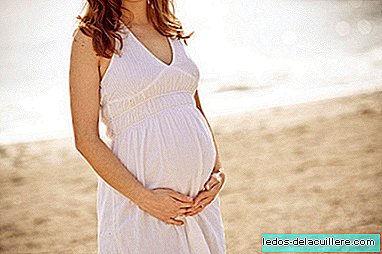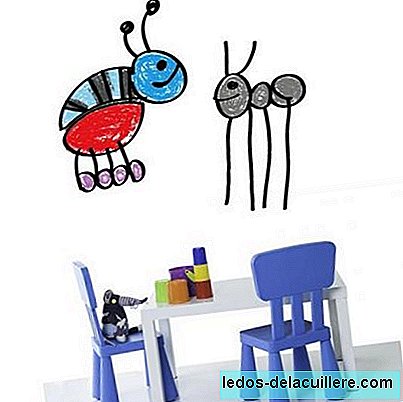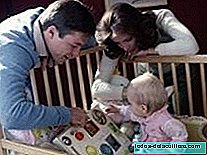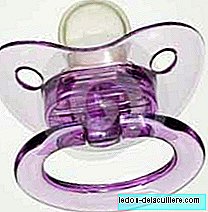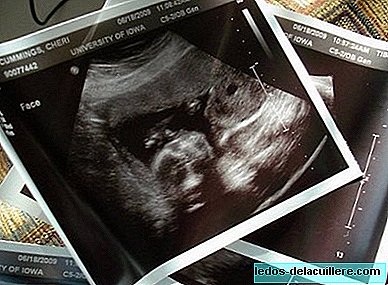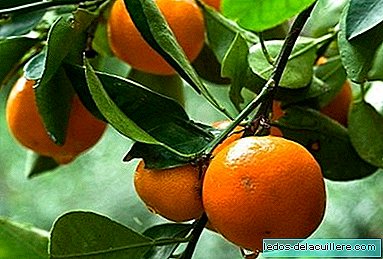
Natural fruit juices, freshly squeezed, are the healthiest option, although not always possible. In the market there are many types of packaged juices, with different names, available to families. But, What are the healthiest packaged juices?
Packaged juices can be an option for when we are not at home, we go out for a snack and take it ourselves, or we want to order them in a bar or restaurant. But not all juices are the same.
Let's see what types of juices we can find, starting with the most recommended ones, because they are more natural, they contain more fruit and vitamins and no added sugars.
100% squeezed juice which is marketed in Spain is obtained directly from fresh oranges. It can be presented at room temperature or refrigerated throughout the process to maintain more vitamin C. This type of juice is not common for other varieties of fruit. This juice has an average production cost of 0.50 euros per liter. But, although it is the most expensive, is the healthiest for being less processed, do not add sugar or water and better preserve the vitamins of the fruit.
Concentrated juice It is obtained after subjecting the product to an evaporation heat treatment, removing up to 85% of the water. When packaging is added water, pulp, aromas ... The world's largest suppliers of concentrated juice are the US and Brazil. The cost of production is about 0.33 euros per liter, so the retail price is cheaper than the previous juice.
Nectar (they cannot be called "juices") is a "derivative" product that contains approximately 50% concentrate juice plus 50% water and sugar. The production cost rises to an average of 0.28 euros per liter.
Fruit drink It would be the least recommended because it is 90% water, 10% concentrated juice and sugars. Soft drinks and other fruit drinks are included in this place.
In Spain, concentrated juice is the best selling, as it represents 663 million liters; Nectars, 376 million, and squeezed juices obtained directly from orange, only 67 million. However, while the demand for concentrated juices is stabilized or down in the world and in Spain, the consumption of squeezed juices experienced an increase between 2005 and 2010 of 49% in Spain and 29% throughout the European Union .
Consumers are increasingly aware of the quality of beverages, and companies also work harder to advertise.
We advise you to look at the name of the "juice" and the ingredients or composition when we visit the supermarket shelves to choose, whenever possible, the healthiest packaged juice for our children And for all the family.


